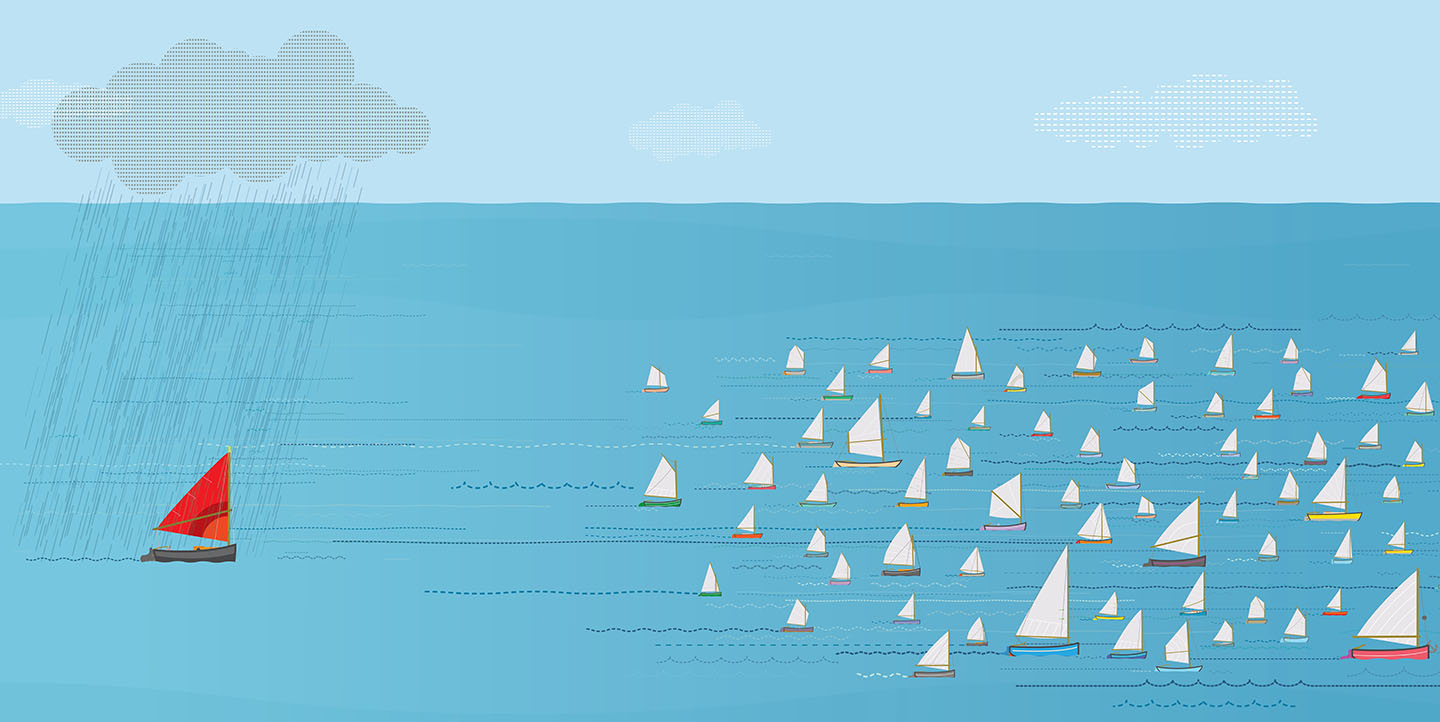
How do we address our underachievement problem?
ACER news 30 Mar 2021 3 minute readIn the third in our series on The Big Five Challenges in Education in a Changed World, experts from education research and practice, and from a leading Australian charity, discussed the lingering impact of early underachievement at school.
Australia's 'long tail' of underachievement means we are failing to help students who perform poorly in school early in life to catch up over time, in effect compounding the disadvantage they experience. Why some young students underachieve to begin with is a complex issue and one that we won't fix until we improve the lives of the 1.2 million children living in poverty in Australia, according to Anne Hampshire, Head of Research and Advocacy at The Smith Family and a guest in our recent webinar.
'It's the wasted potential that worries me,' said Dr Sue Thomson, ACER Deputy CEO (Research) and country manager of the OECD's Programme for International Student Assessment (PISA) in Australia. 'If kids become disengaged with education... they switch themselves off from everything that comes after.'
Our third guest, Victorian secondary teacher Steven Kolber agreed that lack of engagement was a problem and one that was exacerbated by the COVID-19 pandemic.
'My feeling is that, during remote learning, students really disengaged,' Mr Kolber said.
A recording of this session is now available on demand.
It is part of a series revisiting the 'big five' challenges identified by ACER Chief Executive Professor Geoff Masters in Teacher in 2015. Register now for our fourth exciting discussion, 'Getting all children off to the best start in life', on Wednesday 5 May.
